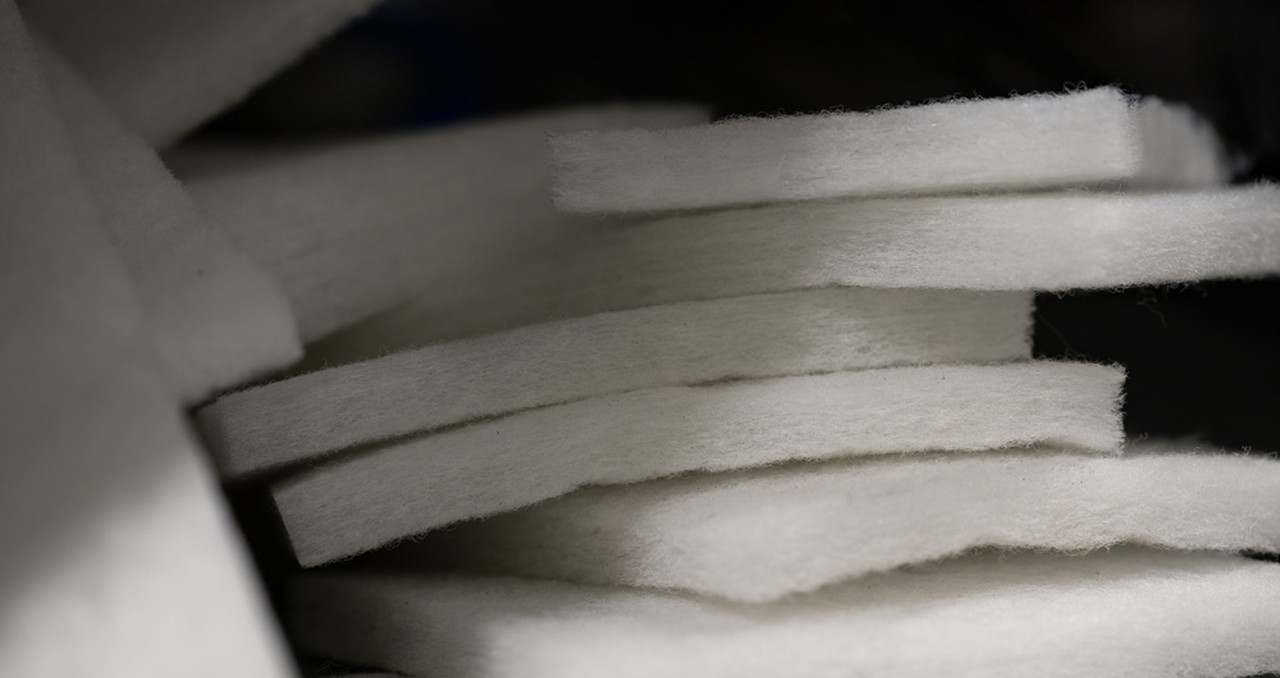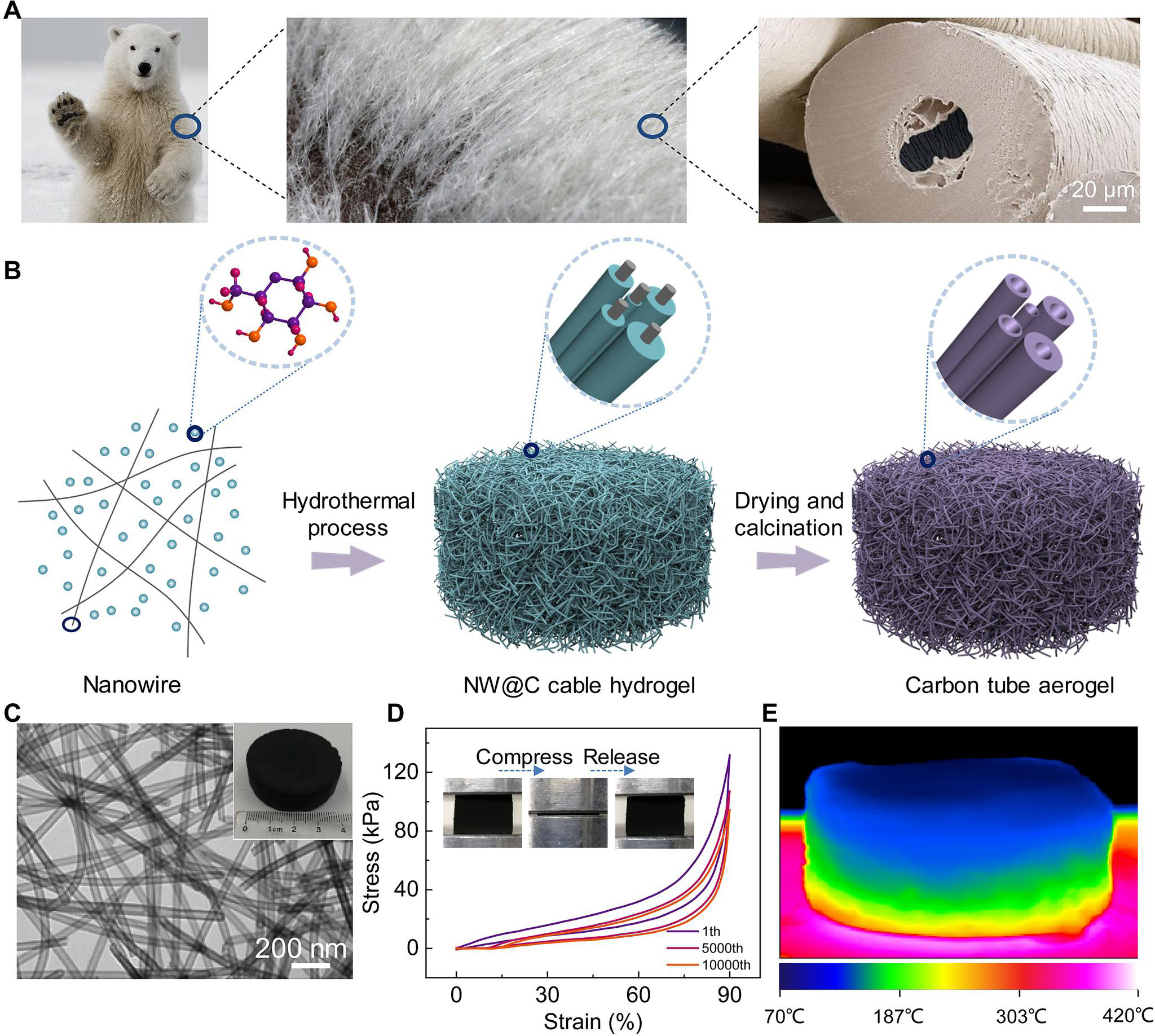Aerogel is a unique and highly effective material known for its low density, excellent thermal insulating properties, and versatile applications. Here are some aspects to consider regarding the effectiveness, side effects, and special considerations of aerogel:
Effectiveness of Aerogel:
Thermal Insulation: Aerogels are extremely effective thermal insulators, often used in applications where minimizing heat transfer is crucial. They have low thermal conductivity, making them superior insulators compared to traditional materials like fiberglass or foam.
Lightweight: Aerogels are among the lightest solid materials, with a significant portion of their volume composed of air. This property makes them valuable in aerospace and other weight-sensitive applications.
Side Effects of Aerogel:
Not Toxic: In general, aerogels are not toxic. They are often made from silica or other non-toxic materials. However, it’s essential to consider the specific composition and manufacturing process of the aerogel in question.
Handling Precautions: Some aerogels can be brittle and delicate, requiring careful handling to prevent breakage. Safety precautions, such as wearing gloves and protective gear, may be necessary when working with aerogel materials.

Special Considerations of Aerogel:
Fragility: Aerogels can be fragile and may break easily if not handled with care. Special attention is required during transportation, installation, and any other processes involving direct contact with the material.
Moisture Absorption: Some types of aerogels can be susceptible to moisture absorption, which may impact their insulating properties. Manufacturers may apply coatings or take other measures to mitigate this issue.
Cost: Aerogels can be expensive to produce, limiting their widespread use in some applications. However, ongoing research and advancements in manufacturing techniques may help reduce costs over time.
Applications of Aerogel:
Space Exploration: Aerogels have been used in space missions to collect and capture cosmic dust particles. Their low density makes them ideal for such applications.
Insulation: Aerogels are used in insulation for buildings, pipelines, and other industrial applications where thermal performance is crucial.
Oil Spill Cleanup: Hydrophobic aerogels have been investigated for use in oil spill cleanup, as they can selectively absorb oil while repelling water.

Research and Development of Aerogel:
Ongoing Improvements: Research is ongoing to enhance aerogel properties, reduce production costs, and expand its range of applications. New formulations and variations continue to be developed.
It’s important to note that there are different types of aerogels with varying properties, and the specifics can depend on the materials used in their production. Always follow safety guidelines provided by manufacturers and take necessary precautions when working with aerogel materials.
